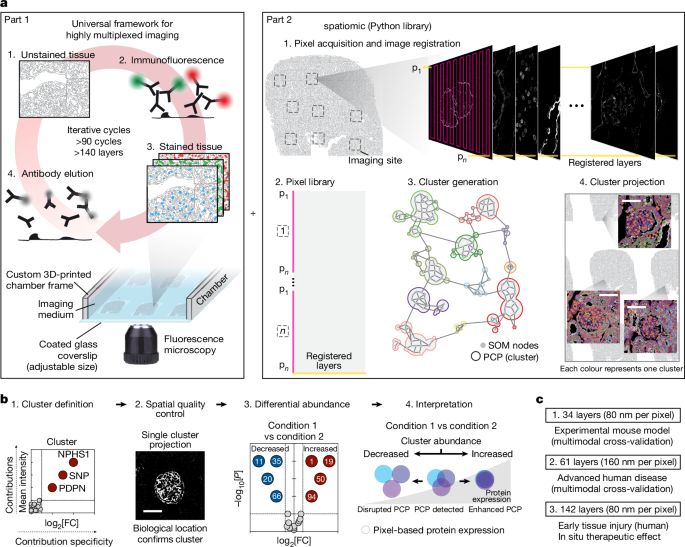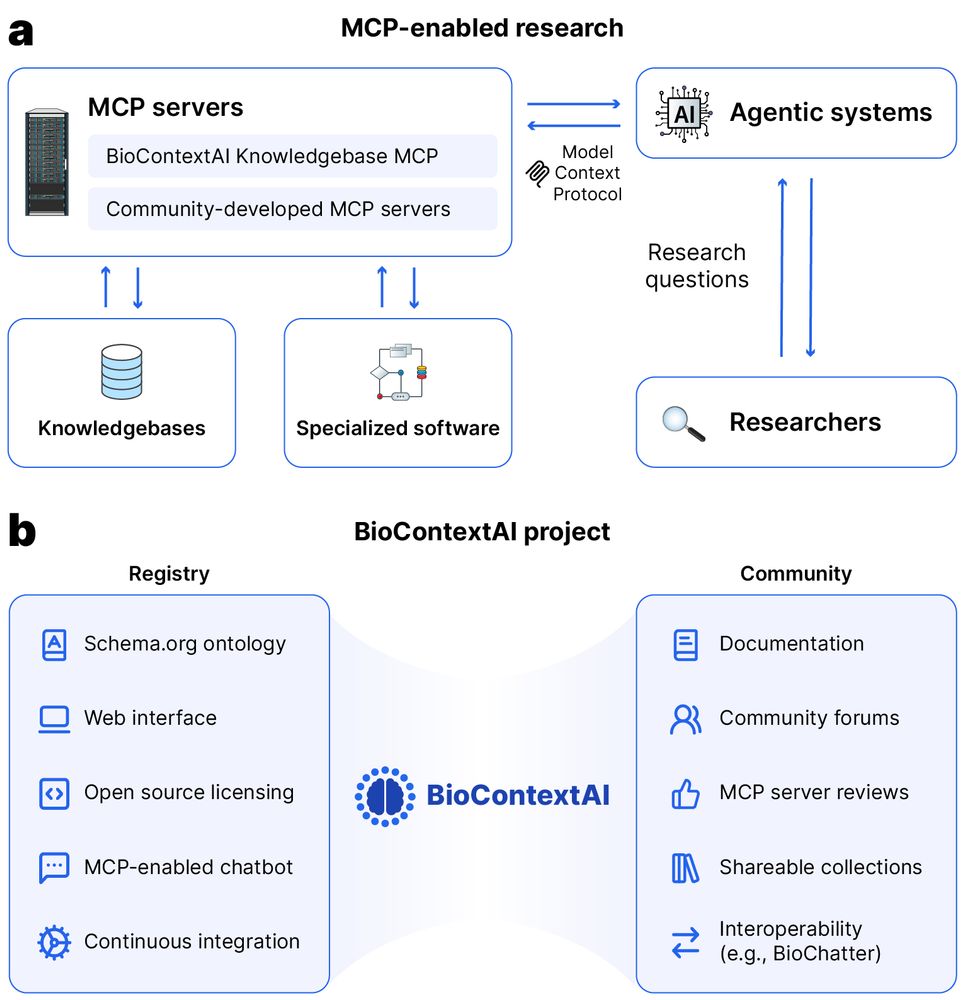Malte Kuehl
@maltekuehl.com
250 followers
660 following
58 posts
Computational medicine @ AU
Founder @ KH Biotechnology
Creator of spatiomic, pytximport and BioContextAI
Interested in spatial omics, immunology, cancer & ageing
Lab: https://github.com/complextissue/
Personal: https://maltekuehl.com
Opinions my own.
Posts
Media
Videos
Starter Packs
Malte Kuehl
@maltekuehl.com
· 25d
Reposted by Malte Kuehl
Malte Kuehl
@maltekuehl.com
· 27d
Malte Kuehl
@maltekuehl.com
· 27d
Malte Kuehl
@maltekuehl.com
· 27d
Reposted by Malte Kuehl
Malte Kuehl
@maltekuehl.com
· Aug 20
Reposted by Malte Kuehl
BioContextAI
@biocontext.ai
· Aug 13
Reposted by Malte Kuehl
Nature
@nature.com
· Aug 1

Pathology-oriented multiplexing enables integrative disease mapping - Nature
Pathology-oriented multiplexing (PathoPlex) represents a framework for widespread access to multiplexed imaging and computational image analysis of clinical specimens at a relatively high throughput and subcellular resolution.
go.nature.com
Reposted by Malte Kuehl
Reposted by Malte Kuehl
Malte Kuehl
@maltekuehl.com
· Jul 29
Malte Kuehl
@maltekuehl.com
· Jul 29
Malte Kuehl
@maltekuehl.com
· Jul 29
Malte Kuehl
@maltekuehl.com
· Jul 29
Malte Kuehl
@maltekuehl.com
· Jul 29
Malte Kuehl
@maltekuehl.com
· Jul 29
Reposted by Malte Kuehl





